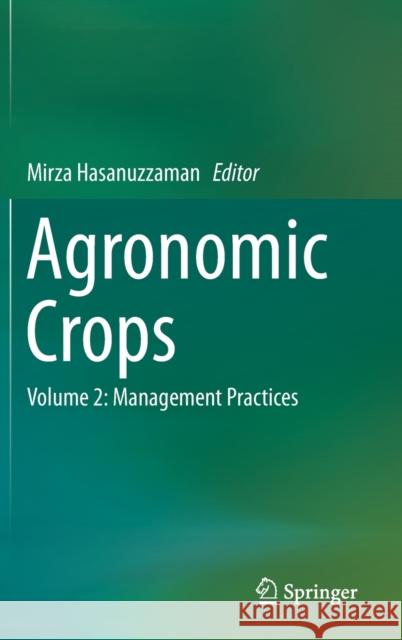Agronomic Crops: Volume 2: Management Practices » książka
topmenu
Agronomic Crops: Volume 2: Management Practices
ISBN-13: 9789813297821 / Angielski / Twarda / 2019 / 652 str.
Agronomic Crops: Volume 2: Management Practices
ISBN-13: 9789813297821 / Angielski / Twarda / 2019 / 652 str.
cena 820,22
(netto: 781,16 VAT: 5%)
Najniższa cena z 30 dni: 771,08
(netto: 781,16 VAT: 5%)
Najniższa cena z 30 dni: 771,08
Termin realizacji zamówienia:
ok. 16-18 dni roboczych.
ok. 16-18 dni roboczych.
Darmowa dostawa!
Kategorie:
Kategorie BISAC:
Wydawca:
Springer
Język:
Angielski
ISBN-13:
9789813297821
Rok wydania:
2019
Wydanie:
2019
Ilość stron:
652
Waga:
1.10 kg
Wymiary:
23.39 x 15.6 x 3.66
Oprawa:
Twarda
Wolumenów:
01
Dodatkowe informacje:
Wydanie ilustrowane











